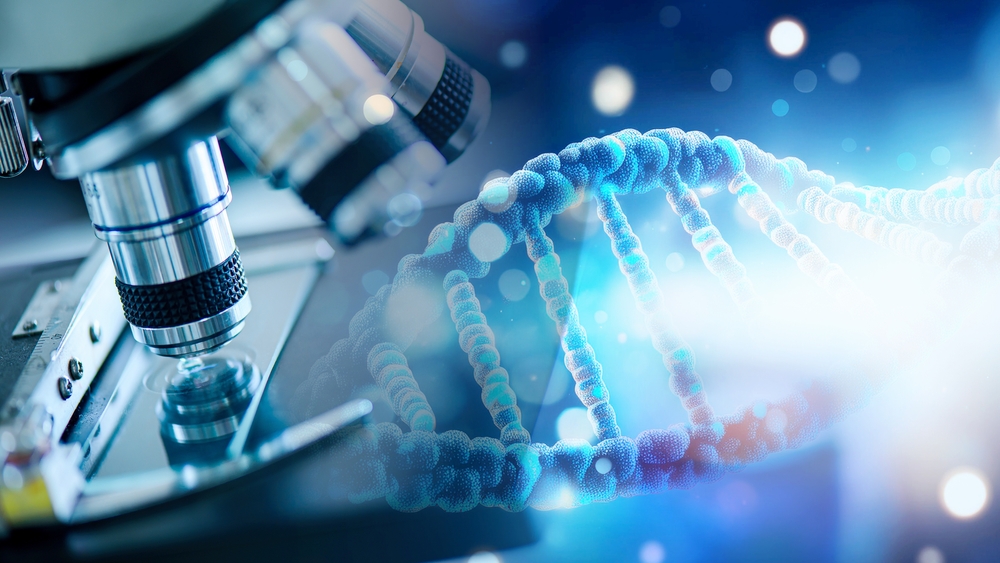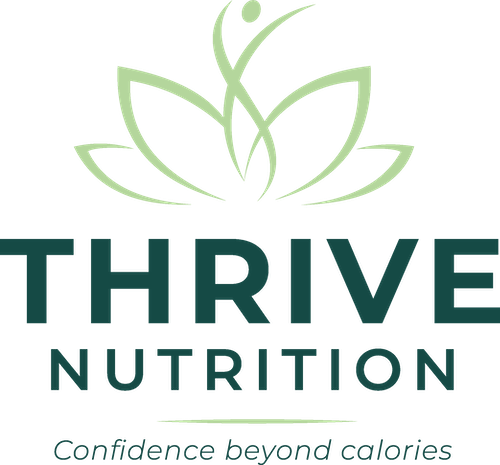Unlocking the Power of Nutrigenomics

Nutrigenomics is a branch of nutritional science that studies how our genes affect the way we metabolise and respond to the food we eat. Simply put, it’s personalised nutrition based on your genetic makeup. The idea is that different people may have unique nutrient requirements depending on their genes. For example, some people may have a genetic predisposition to absorb fats or carbohydrates differently or they might be more prone to nutrient deficiencies based on their DNA.
One of the most exciting aspects of nutrigenomics is that it allows individuals to fine-tune their diets to support their unique health goals. Whether you’re aiming to optimise athletic performance, lose weight, manage a health condition or simply improve overall wellbeing, nutrigenomics can help tailor a plan that’s uniquely suited to your biology.
Our DNA contains the instructions for how our body functions and it influences everything from our metabolism to how we process nutrients. Specific genes can affect how well you metabolise fats, carbohydrates and proteins, as well as how efficiently you absorb vitamins and minerals. For example, some people have a variant in the MTHFR gene, which affects their ability to process folate, a vital B vitamin. These individuals might benefit from consuming more folate-rich foods or taking methylated folate supplements to optimise their health.
Another fascinating area of research focuses on how genes affect the body’s response to different types of fats. Certain individuals may have a genetic predisposition that makes them more sensitive to saturated fats, which could increase their risk of heart disease if they consume a diet high in these fats. For others, a diet rich in omega-3 fatty acids might be more effective in reducing inflammation, depending on their genetic profile.
So, how does nutrigenomics translate into real-life benefits? First, by understanding your genetic makeup, you can make more informed choices about your diet. For example, if you have a gene variant that affects how you process caffeine, you might learn that consuming too much coffee increases your risk of anxiety or disrupts your sleep. Armed with that knowledge, you could reduce your intake and avoid potential side effects.
Athletes can also use nutrigenomics to optimise performance. If your genes indicate that you have a higher need for antioxidants, you might choose to include more antioxidant-rich foods like berries, nuts and leafy greens in your diet to reduce inflammation and support recovery.
Even weight loss can be influenced by genetics. Research suggests that some people are more sensitive to carbohydrates, making them more likely to gain weight on a high-carb diet. With nutrigenomics, these individuals can modify their diet to focus on more fat or protein, which may help them lose weight more effectively.


As more research is conducted, the potential for nutrigenomics continues to grow. In the UK, leading research institutions are focusing on how personalised nutrition can combat chronic diseases like diabetes, heart disease and obesity. Precision nutrition is a growing field that looks at how genetics influence diet and it’s showing promise, leading to better weight management and improved health markers in participants compared to standard dietary guidelines.
Additionally, the ongoing research in epigenetics – how genes are turned on or off by environmental factors, including diet – shows promise in understanding how we can alter our health outcomes. This means that even if you have a genetic predisposition to a certain condition, lifestyle factors like diet can influence whether or not those genes are expressed.
Nutrigenomics represents the future of personalised nutrition. By unlocking the potential of your DNA, you can better understand how your body responds to food and make informed decisions to optimise your health. Whether you’re looking to boost energy, manage weight or reduce your risk of disease, tailoring your diet to your genetic makeup can be a game changer. As this field continues to grow, the possibilities for improved health outcomes are limitless.
Working with a nutritionist or healthcare professional who understands your health background is crucial for creating a truly personalised plan. Your environment, lifestyle and personal health history also play significant roles in your overall health. We can help interpret the genetic data and create a practical nutrition and lifestyle strategy that aligns with your unique needs.
By embracing the power of your unique biology, you can take control of your health and wellbeing in ways that were once unimaginable. Want to know how your DNA could unlock a healthier you and ensure all your choices are really giving you the results you deserve? We’re here to explore that journey with you.

